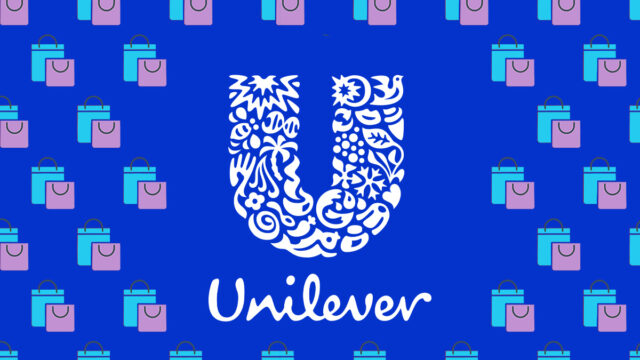A CMO reprisal
With this announcement, Unilever’s consumer business is putting marketing front and center again, reinstating the chief marketer role with an added growth remit.
It’s understood the CGMO role will no longer comprise customer development. However, Bracey will keep one foot in ecommerce and content through her leadership of Unilever’s network of 29 digital marketing, media and commerce hubs, which pool together talent from across the business to deliver “seamless consumer experiences” across platforms.
With more than three decades in the marketing and advertising industry under her belt, Bracey kicked off her career at Procter & Gamble where she stayed for 25 years, rising up the ranks to lead a host of personal and beauty brands including CoverGirl before eventually being appointed svp and general manager for global cosmetics.
She joined Unilever in 2018. In her role overseeing personal care, she has pioneered Unilever’s purpose-driven approach to marketing, which became the company’s north star under the influence of former CEO Alan Jope. This mean brands including Dove, Hellmann’s and Persil heavily amplified their positive social and environmental impacts through initiatives including the campaign for “Real Beauty” and “Dirt Is Good.”
Bracey spearheaded Dove’s efforts to back the Crown Act, a proposed federal ban on discrimination against people in the workplace based on their hairstyle or texture, which was passed by the House of Representatives last year and put into legislation in several U.S. states.
Changing of the guard
In the three months since he started as CEO, Schumacher has already made several changes at the top of Unilever.
These include the appointment of a new chief financial officer in Fernando Fernandez (currently president of Unilever’s beauty and wellbeing arm), as well as a suite of internal presidential promotions across Unilever’s five core business groups.
Schumacher told investors in the statement announcing these hires that his intention was to drive a “performance culture” at Unilever, with “a renewed team leading the change.”
Predecessor Jope, who made it his mission to assign a purpose to every brand within Unilever’s 400-strong portfolio, drew criticism from investors for a perceived failure to focus on growth. Fundsmith’s Terry Smith was among the most vocal of the company’s detractors, accusing Unilever of “virtue signaling” and having an “obsession” with purpose.
While Unilever has taken some criticism for being focused on brand purpose over commercial performance, there’s plenty of evidence to show its initiatives in ethical sourcing and manufacturing, distribution and positioning have been commercially effective, noted James Murphy, founder and CEO at London-based independent ad agency New Commercial Arts.


